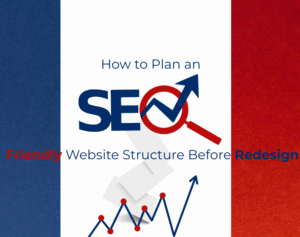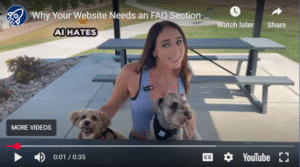????️ Image Optimization for SEO: Simple Fixes That Boost Rankings
If your website feels sluggish, your images might be to blame.
Large image files slow down your site, which not only frustrates visitors but also hurts your search engine rankings. Fortunately, with just a few small tweaks, you can dramatically improve your site’s speed and SEO performance.
✅ 1. Compress Before You Upload
Before uploading any image, compress it using free tools like TinyPNG or convert it to WebP format, which offers high-quality images with smaller file sizes. These tools can reduce file size by up to 80% without noticeable quality loss.
✅ 2. Use Keyword-Rich File Names
Instead of uploading an image named IMG_1234.jpg, rename it with relevant keywords—for example:
???? swimming-pool-installation-utah.jpg
Why? Google uses file names as part of how it understands your page’s content. Don’t miss this simple SEO opportunity.
✅ 3. Add Alt Text for SEO & Accessibility
Alt text (alternative text) describes the image for screen readers and improves accessibility.
It also gives search engines more context about your content.
Example:Alt Text: Backyard swimming pool installation in Salt Lake City
Alt text should be descriptive, relevant, and include a keyword when appropriate—without keyword stuffing.
???? Final Tip
Image optimization might seem small, but it’s a high-impact step toward better site performance and improved SEO rankings. Fast-loading pages = happier users and better Google rankings.
Want more website optimization and SEO tips?
Follow us or contact our team to take your digital presence to the next level.




